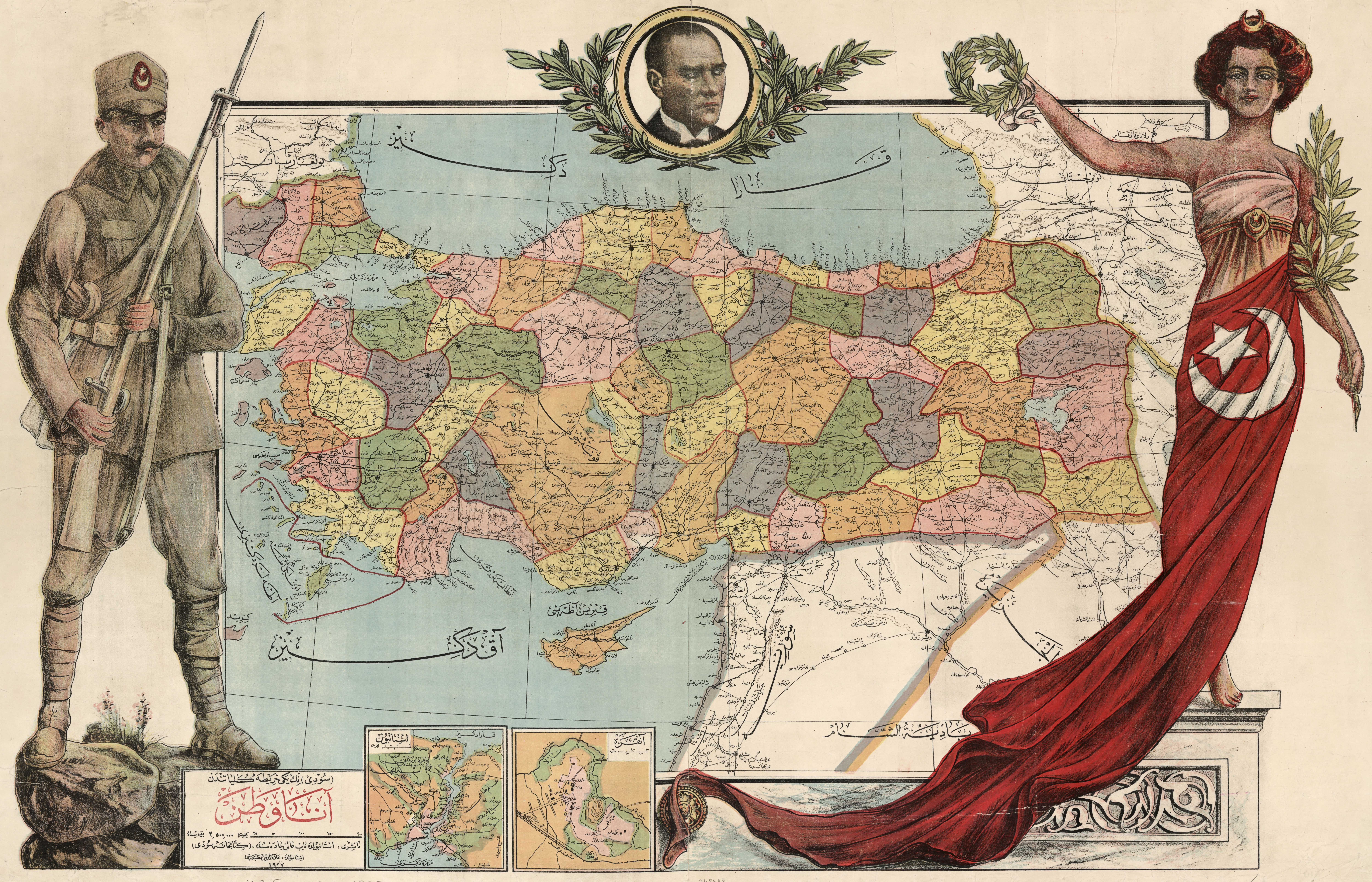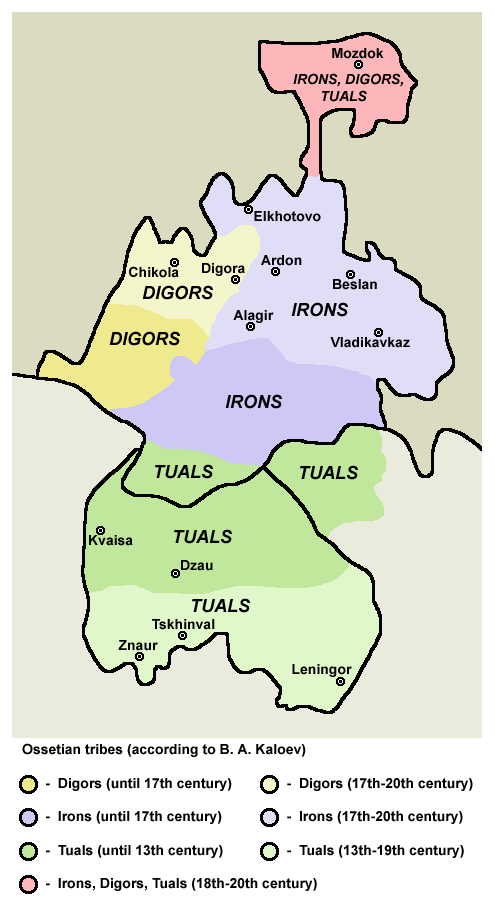|
Digor, Kars
Digor ( ku, Dîgor, ota, ديغور, ) is a district of Kars Province in the Eastern Anatolia Region, Turkey, Eastern Anatolia region of Turkey. The population of the town is 2,647. The mayor is Nebi Kerenciler (Justice and Development Party (Turkey), AKP). Notable People * Mahmut Alınak (1952*), Kurds, Kurdish Politician See also *Tekor Basilica *Digor (people), Digoron People *Yazidis in Armenia References External links Governor's Office for Digor Towns in Turkey Populated places in Kars Province Districts of Kars Province Kurdish settlements in Turkey {{Kars-geo-stub ... [...More Info...] [...Related Items...] OR: [Wikipedia] [Google] [Baidu] |
Turkey
Turkey ( tr, Türkiye ), officially the Republic of Türkiye ( tr, Türkiye Cumhuriyeti, links=no ), is a list of transcontinental countries, transcontinental country located mainly on the Anatolia, Anatolian Peninsula in Western Asia, with a East Thrace, small portion on the Balkans, Balkan Peninsula in Southeast Europe. It shares borders with the Black Sea to the north; Georgia (country), Georgia to the northeast; Armenia, Azerbaijan, and Iran to the east; Iraq to the southeast; Syria and the Mediterranean Sea to the south; the Aegean Sea to the west; and Greece and Bulgaria to the northwest. Cyprus is located off the south coast. Turkish people, Turks form the vast majority of the nation's population and Kurds are the largest minority. Ankara is Turkey's capital, while Istanbul is its list of largest cities and towns in Turkey, largest city and financial centre. One of the world's earliest permanently Settler, settled regions, present-day Turkey was home to important Neol ... [...More Info...] [...Related Items...] OR: [Wikipedia] [Google] [Baidu] |
Provinces Of Turkey
Turkey is divided into 81 provinces ( tr, il). Each province is divided into a number of districts (). Each provincial government is seated in the central district (). For non- metropolitan municipality designated provinces, the central district bears the name of the province (e.g. the city/district of Rize is the central district of Rize Province Rize Province ( tr, Rize ili) is a province of northeast Turkey, on the eastern Black Sea coast between Trabzon and Artvin. The province of Erzurum is to the south. It was formerly known as Lazistan, the designation of the term of Lazistan was o ...). Each province is administered by an appointed governor () from the Ministry of the Interior (Turkey), Ministry of the Interior. List of provinces Below is a list of the 81 provinces of Turkey, sorted according to their license plate codes. Initially, the order of the codes matched the alphabetical order of the province names. After Zonguldak (code 67), the ordering is not alphab ... [...More Info...] [...Related Items...] OR: [Wikipedia] [Google] [Baidu] |
Kars Province
Kars Province ( tr, Kars ili; ku, Parêzgeha Qersê; hy, Կարսի նահանգ) is a province of Turkey, located in the northeastern part of the country. It shares part of its closed border with Armenia. The provincial capital is the city of Kars. The provinces of Ardahan and Iğdır were until the 1990s part of Kars Province. History In ancient times, Kars ( hy, Կարս) was part of the province of Ararat in the Kingdom of Armenia. The first known people were the followers of Vanand (Վանանդ), for whom Kars was their main settlement and fortress. In 928, Kars became the capital of Bagratid Armenia. In 968, the capital of Armenia was moved to Ani, but Kars remained the capital of the feudal principality of Vanand. The Seljuks quickly relinquished direct control over Kars and it became a small emirate whose territory corresponded closely to that of Vanand, and which bordered the similarly created but larger Shaddadid emirate centered at Ani. The Kars emirate was a vassa ... [...More Info...] [...Related Items...] OR: [Wikipedia] [Google] [Baidu] |
Kaymakam
Kaymakam, also known by many other romanizations, was a title used by various officials of the Ottoman Empire, including acting grand viziers, governors of provincial sanjaks, and administrators of district kazas. The title has been retained and is sometimes used without translation for provincial or subdistrict governors in various Ottoman successor states, including the Republic of Turkey, Northern Cyprus, Iraq, and Lebanon. Names The title has been romanization, romanized in English language, English since 1645 with extremely numerous spelling variations. The most common present-day forms are kaymakam, kaimakam, and qaimaqam. The modern Turkish language, Turkish term is , from Ottoman Turkish ''kaymakam'' (), from Arabic language, Arabic ''qāʾim maqām'' (), meaning "stand in" or "deputy". History Ottoman Empire In the Ottoman Empire, the title of ''kaymakam'' (known either as ''sadâret kaymakamı'' or as ''kaymakam pasha'') was originally used for the official depu ... [...More Info...] [...Related Items...] OR: [Wikipedia] [Google] [Baidu] |
Digor Skyline , a sub-division of the Ossetians.
{{disambig ...
''Digor'' may refer to: * Digor (sports), a traditional sport in Bhutan * Digor dialect, a dialect of the Ossetian language * Digor, Kars, a district in Turkey's Kars Province * Digor (people) The Digor (Digor dialect: Дигорон - ''Digoron'', ''pl.'': Дигорӕ, Дигорӕнттӕ - ''Digoræ'', ''Digorænttæ'') are a subgroup of the Ossetians. They speak the Digor Ossetian, Digor dialect of the Eastern Iranian languages, ... [...More Info...] [...Related Items...] OR: [Wikipedia] [Google] [Baidu] |
Digor Center , a sub-division of the Ossetians.
{{disambig ...
''Digor'' may refer to: * Digor (sports), a traditional sport in Bhutan * Digor dialect, a dialect of the Ossetian language * Digor, Kars, a district in Turkey's Kars Province * Digor (people) The Digor (Digor dialect: Дигорон - ''Digoron'', ''pl.'': Дигорӕ, Дигорӕнттӕ - ''Digoræ'', ''Digorænttæ'') are a subgroup of the Ossetians. They speak the Digor Ossetian, Digor dialect of the Eastern Iranian languages, ... [...More Info...] [...Related Items...] OR: [Wikipedia] [Google] [Baidu] |
Eastern Anatolia Region, Turkey
The Eastern Anatolia Region ('' tr, Doğu Anadolu Bölgesi'') is a geographical region of Turkey. The most populous province in the region is Van Province. Other populous provinces are Malatya, Erzurum and Elazığ. It is bordered by the Black Sea Region and Georgia in the north, the Central Anatolia Region in the west, the Mediterranean Region in the southeast, the Southeastern Anatolia Region and Iraq in the south, and Iran, Azerbaijan and Armenia in the east. The region encompasses most of Western Armenia () and had a large population of indigenous Armenians until the Armenian genocide. The Anatolia peninsula never encompassed what is now called "Eastern Anatolia", which has been seen as an attempt by Turkey to erase the Armenian history of the region. It has the highest average altitude, largest geographical area, and lowest population density of the seven Turkish regions. Substitution for the name Armenia Beginning in 1880, the name Armenia was forbidden to be used i ... [...More Info...] [...Related Items...] OR: [Wikipedia] [Google] [Baidu] |
Justice And Development Party (Turkey)
The Justice and Development Party ( tr, Adalet ve Kalkınma Partisi, ; AKP), abbreviated officially AK Party in English, is a political party in Turkey self-describing as conservative-democrat. It is one of the two major parties of contemporary Turkey along with the Republican People's Party (CHP). Recep Tayyip Erdoğan has been chairman of AKP since the 2017 Party Congress. The AKP is the largest party in the Grand National Assembly, the Turkish national legislature, with 285 out of 600 seats, having won 42.6% of votes in the 2018 Turkish parliamentary election. It forms the People's Alliance with the Nationalist Movement Party (MHP). The current AKP parliamentary leader is İsmet Yılmaz. Founded in 2001 by members of a number of parties such as FP, ANAP and DYP, the party has a strong base of support among people from the conservative tradition of Turkey, though the party strongly denies it is Islamist. The party positioned itself as pro-liberal market economy, sup ... [...More Info...] [...Related Items...] OR: [Wikipedia] [Google] [Baidu] |
Mahmut Alınak
Mahmut Alınak (born 1952, Digor, Kars Province), is a Turkish lawyer, author and politician, of Kurdish origin, and a former parliamentary deputy. Career Alınak is a graduate of Ankara University's law faculty.Bianet, 26 April 2012Kandıra'dan "Köpekler Manifestosu" Çıktı/ref> In the 1987 Turkish general election he was elected to the Grand National Assembly of Turkey for the Social Democratic Populist Party (SHP), representing Kars province. In November 1989 he was expelled from the SHP together with six other Kurdish MPs for having attended a Kurdish conference in Paris. In the 1991 Turkish general election he was re-elected to parliament, this time representing Şırnak province, and later joining others in the new Democracy Party (DEP). He was one of six DEP deputies (amongst them Leyla Zana, Hatip Dicle and Ahmet Türk) whose parliamentary immunity was removed in 1994 to enable prosecution for alleged promotion of Kurdish separatism. He was sentenced to three year ... [...More Info...] [...Related Items...] OR: [Wikipedia] [Google] [Baidu] |
Kurds
ug:كۇردلار Kurds ( ku, کورد ,Kurd, italic=yes, rtl=yes) or Kurdish people are an Iranian ethnic group native to the mountainous region of Kurdistan in Western Asia, which spans southeastern Turkey, northwestern Iran, northern Iraq, and northern Syria. There are exclaves of Kurds in Central Anatolia, Khorasan, and the Caucasus, as well as significant Kurdish diaspora communities in the cities of western Turkey (in particular Istanbul) and Western Europe (primarily in Germany). The Kurdish population is estimated to be between 30 and 45 million. Kurds speak the Kurdish languages and the Zaza–Gorani languages, which belong to the Western Iranian branch of the Iranian languages. After World War I and the defeat of the Ottoman Empire, the victorious Western allies made provision for a Kurdish state in the 1920 Treaty of Sèvres. However, that promise was broken three years later, when the Treaty of Lausanne set the boundaries of modern Turkey and made no s ... [...More Info...] [...Related Items...] OR: [Wikipedia] [Google] [Baidu] |
Tekor Basilica
The Church of Saint Sarkis in Tekor (also known as the Tekor Basilica hy, Տեկորի տաճար) was a 5th-century Armenian architecture, Armenian church built in historical Armenia. It was located facing the town of Digor (District), Kars, Digor in the Kars Province of Turkey, about 16 kilometers west of the Armenian border. Tekor was a three aisled basilica with a dome. It was severely damaged by earthquakes in 1912 and 1936, and later damaged by vandalism. Now only the lower parts of the rubble and concrete core of the walls remain, the facing stone apparently removed to build the town hall (now itself demolished) in the 1960s. The inscription dating the building to the 480s was the oldest known writing in the Armenian language. at VirtualAni.org Architectural significance The Basilica of Saint Sarki ...[...More Info...] [...Related Items...] OR: [Wikipedia] [Google] [Baidu] |
Digor (people)
The Digor (Digor dialect: Дигорон - ''Digoron'', ''pl.'': Дигорӕ, Дигорӕнттӕ - ''Digoræ'', ''Digorænttæ'') are a subgroup of the Ossetians. They speak the Digor Ossetian, Digor dialect of the Eastern Iranian languages, Eastern Iranian Ossetian language, which in USSR was considered a separate language until 1937. Starting from 1932 it is considered just a dialect of Ossetian language. The speakers of the other dialect - Iron dialect, Iron - do not understand Digor, although the Digor usually understand Iron, as it was the official language of the Ossetian people and officially taught in schools. In the Russian Census (2002), 2002 Russian Census 607 Digors were registered, but in the Russian Census (2010), 2010 Russian Census their number was only 223. It was estimated that there are 100,000 speakers of the dialect, most of whom declared themselves Ossetians. The Digor mainly live in Digorsky District, Digorsky, Irafsky District, Irafsky, Mozdoksky Distric ... [...More Info...] [...Related Items...] OR: [Wikipedia] [Google] [Baidu] |




.jpg)
.jpg)
